Alphabet Letter Matching Worksheets
Are you looking for a fun new way to practice the alphabet with your preschoolers? If so, you’ll love our teddy bear-themed alphabet letter matching worksheets!
These free printable alphabet worksheets are a great way to help young learners practice and master their letter recognition and matching skills.
These fun literacy printables provide an engaging way for young children to learn the alphabet by identifying uppercase letters, then finding the corresponding lowercase letter from a set of three choices.
Not only do these worksheets provide plenty of valuable learning opportunities, but they also give parents an easy way to help their kids with early literacy development.
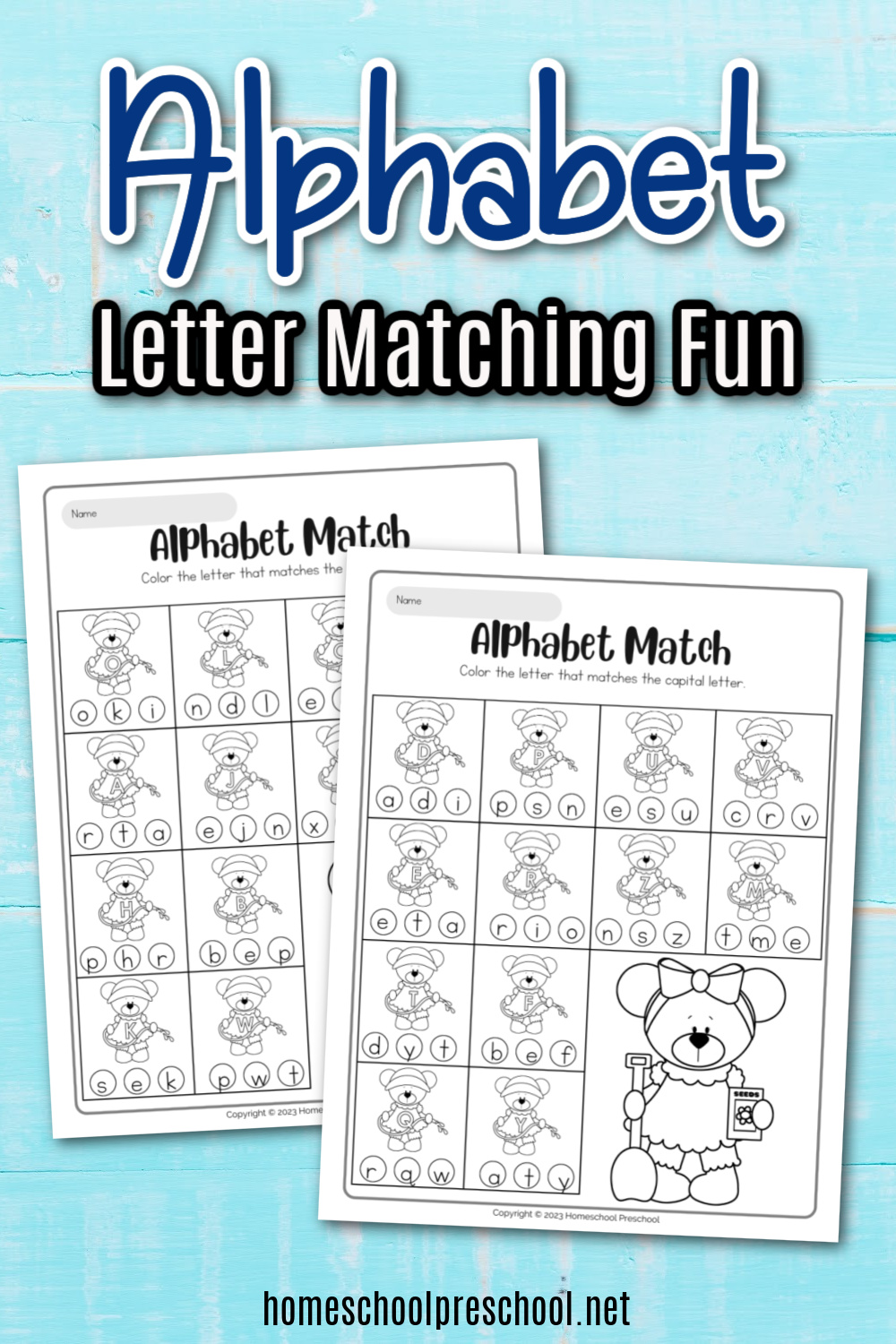
This activity provides a fantastic way to help preschoolers hone early literacy skills. With these fun printables, children have the opportunity to learn and practice the alphabet in an engaging way.
These free preschool printables provide an exciting challenge for young learners as they must identify uppercase letters, then search for and select the matching lowercase letter from a set of three choices.
Parents also benefit from these worksheets as they provide an easy tool to help with their kids’ early literacy development.
Alphabet Letter Matching Worksheets
This preschool packet includes two free worksheets. Each worksheet features twelve sets of letters.
Preparing the Worksheets
To get started, gather the materials you’ll need to prepare the activity. I suggest the following:
- printer
- printer paper
- crayons or dot markers
Now that you have all of your supplies, let’s get started with the prep work.
- First, scroll to the very bottom of this post and enter your email address to request the file.
- Save the file to your computer.
- Open and print the worksheets making as many as you need for your students.
- Laminate the pages if you’d like to make them reusable.
That’s it! Now, you’re all set to use this activity with your preschoolers.

Completing the Worksheet
Each of the two worksheets in this alphabet pack features twelve teddy bears wearing dresses with capital letters on them.
Children will identify the letter on each bear’s dress. Then, they’ll color or dot the circle under each bear that contains the matching lowercase letter.
If you laminated the pages, have students put a clear bingo chip or button on the correct lowercase letter.
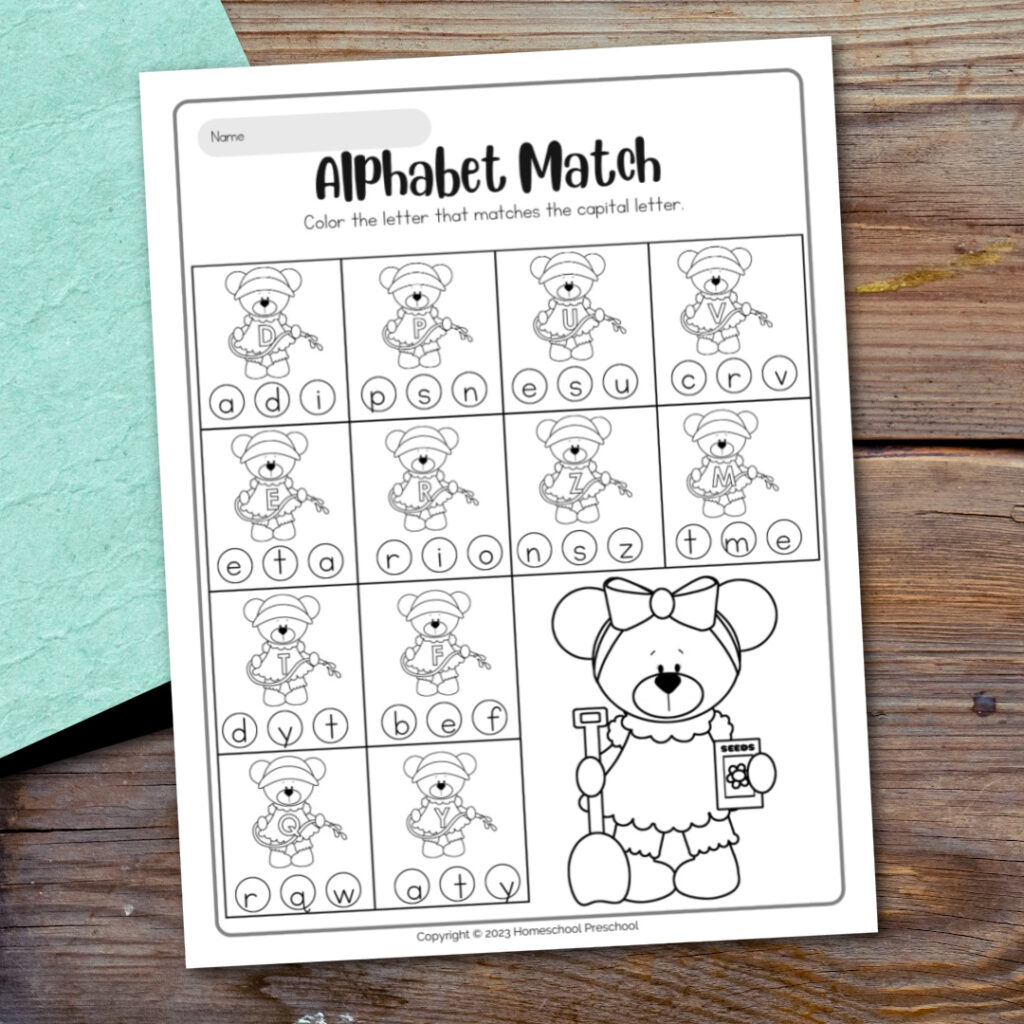
What are the benefits of using letter matching activities?
Letter-matching activities offer numerous benefits for preschoolers. Here are a few examples:
- Letter recognition: Letter matching activities help children recognize both uppercase and lowercase letters. By matching the letters, children become more familiar with the shape and structure of each letter, improving their ability to identify each letter independently.
- Visual discrimination: Letter-matching activities also improve children’s visual discrimination skills, which are essential for reading, writing, and other tasks that require attention to detail. These skills help children notice the differences between similar letters and words, improving their ability to read and write accurately.
- Memory skills: Matching letters requires children to rely on their visual memory skills, helping them remember the letter shapes and forms, which leads to improved memory retention.
- Problem-solving skills: Letter-matching activities provide an excellent opportunity for children to hone their problem-solving skills. As they try to match the letters, children will engage with problems and think creatively to find the solution.
By practicing letter matching activities, preschoolers can improve their cognitive processing skills and lay the foundation for developing critical reading, writing, and communication skills later in life.
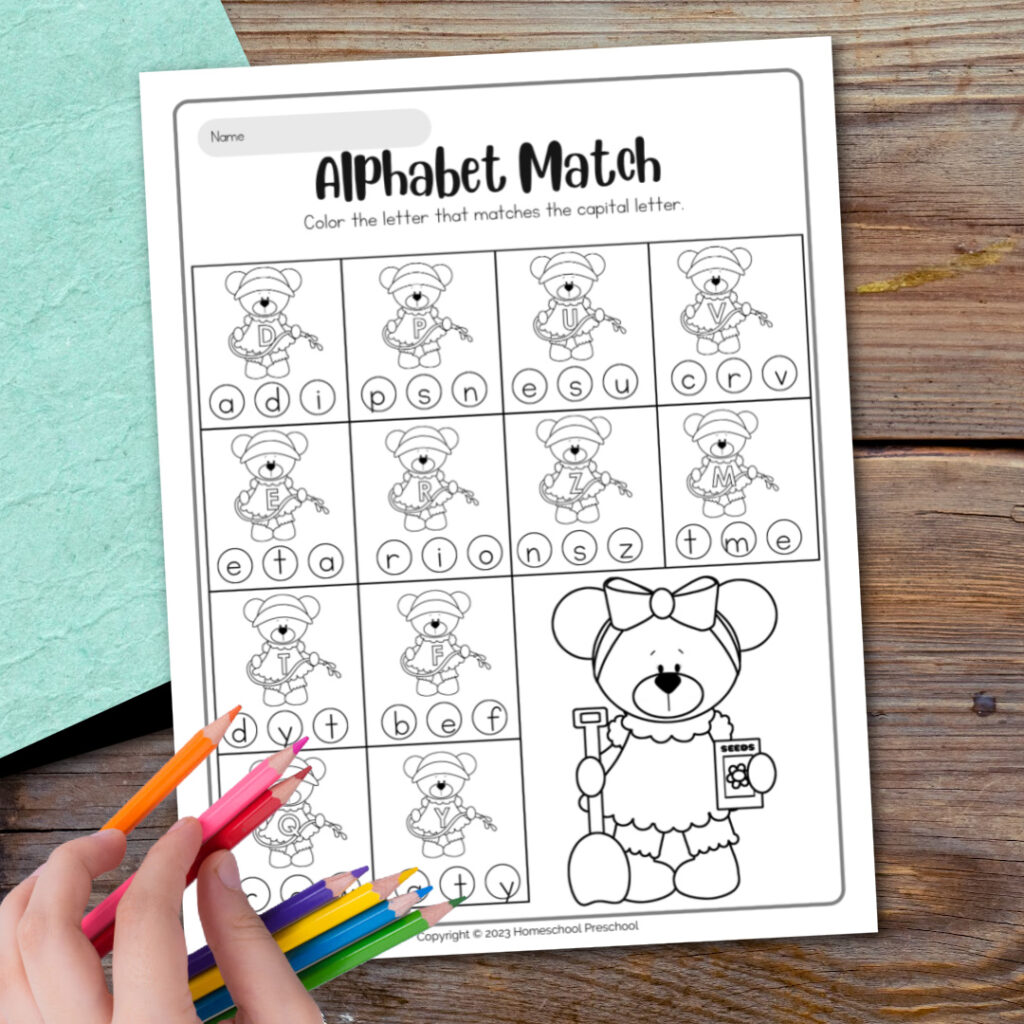
Preschool Alphabet Activities
Are you looking for more alphabet activities to do with your kids?
We’ve gathered some of our favorites so you have plenty to choose from as you look for activities to supplement your upcoming lessons.
Alphabet Books for Preschoolers
Reading alphabet books with preschoolers is an excellent way to introduce them to the letters of the alphabet and help them develop early literacy skills. As parents and educators read these books aloud, preschoolers learn how letters sound, how to recognize them, and how to associate them with words and objects.
Here are a few suggestions to get you started:
• The Alphabet Book – From American Ants to a Zebra with a Zither, there are laughs in store: an elephant on eggs! A walrus in a wig! And there’s a handy alphabet down the side of each page so that everyone can keep track of where they are in the ABC’s.
• Dr. Seuss’s ABC – Featuring a fantastic cast of zany characters—from Aunt Annie’s alligator to the Zizzer-Zazzer-Zuzz, with a lazy lion licking a lollipop and an ostrich oiling an orange owl—Dr. Seuss’s ABC is a must-have for every young child’s library.
• The Very Hungry Caterpillar’s ABC – Explore the amazing animal alphabet with The Very Hungry Caterpillar in this delightful board book. Featuring Eric Carle’s bright, distinctive artwork, each letter introduces beloved animals, big and small.
Alphabet Worksheets for Preschoolers
Alphabet worksheets help preschoolers focus on individual letters, identify the difference between uppercase and lowercase letters, and practice writing them independently.
Here are a few of our favorites:
- Missing Alphabet Worksheet
- Alphabet Hunt Game
- Printable Animal Alphabet Book
- Fall Alphabet Cards from Fun-A-Day
- Easter Alphabet Match Game from 3 Boys and a Dog
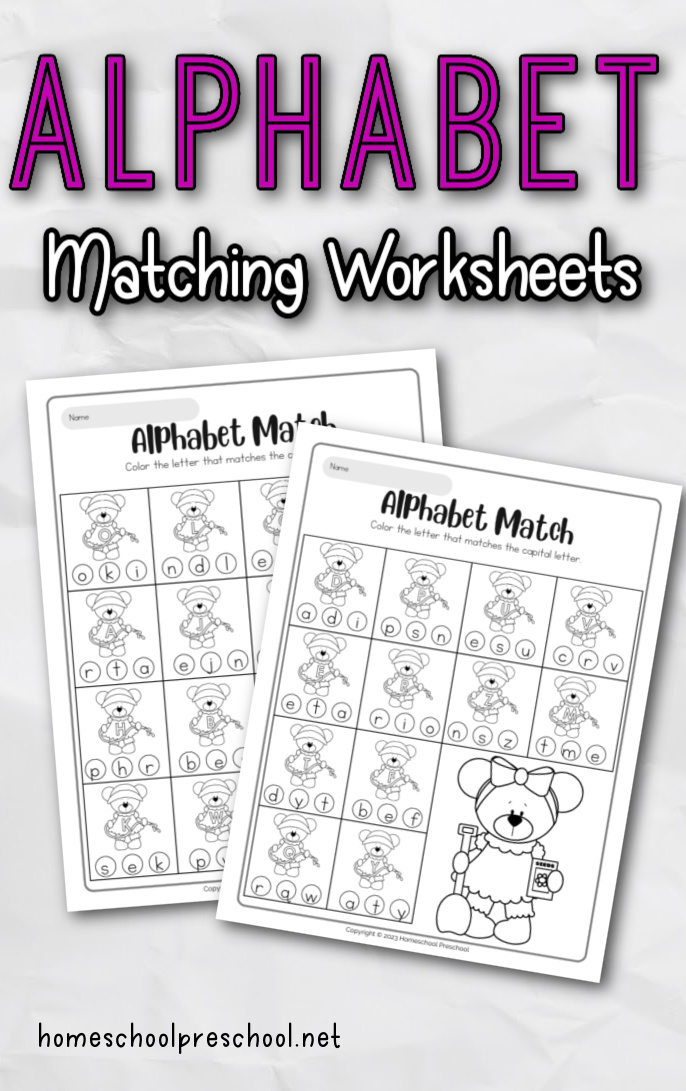
Alphabet letter matching worksheets are a great way to help preschoolers recognize letters and practice their writing skills.
These activities can improve visual discrimination, memory retention, problem-solving abilities, and cognitive processing.
Leave us a comment and let us know what your preschoolers think of them.
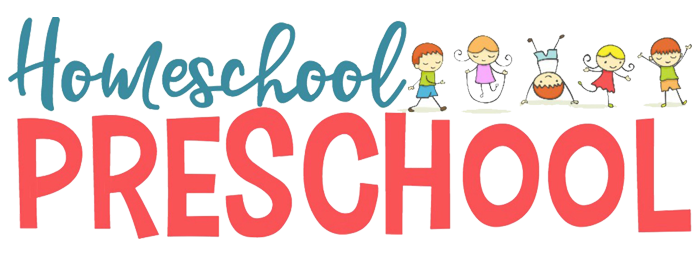

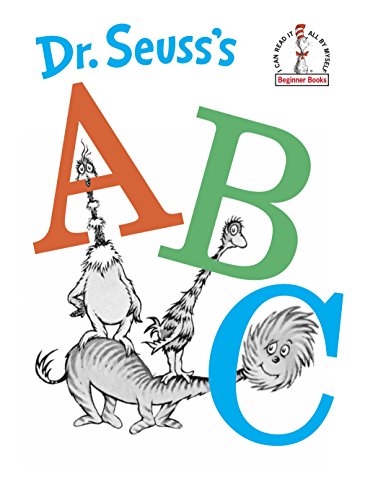

3 Comments